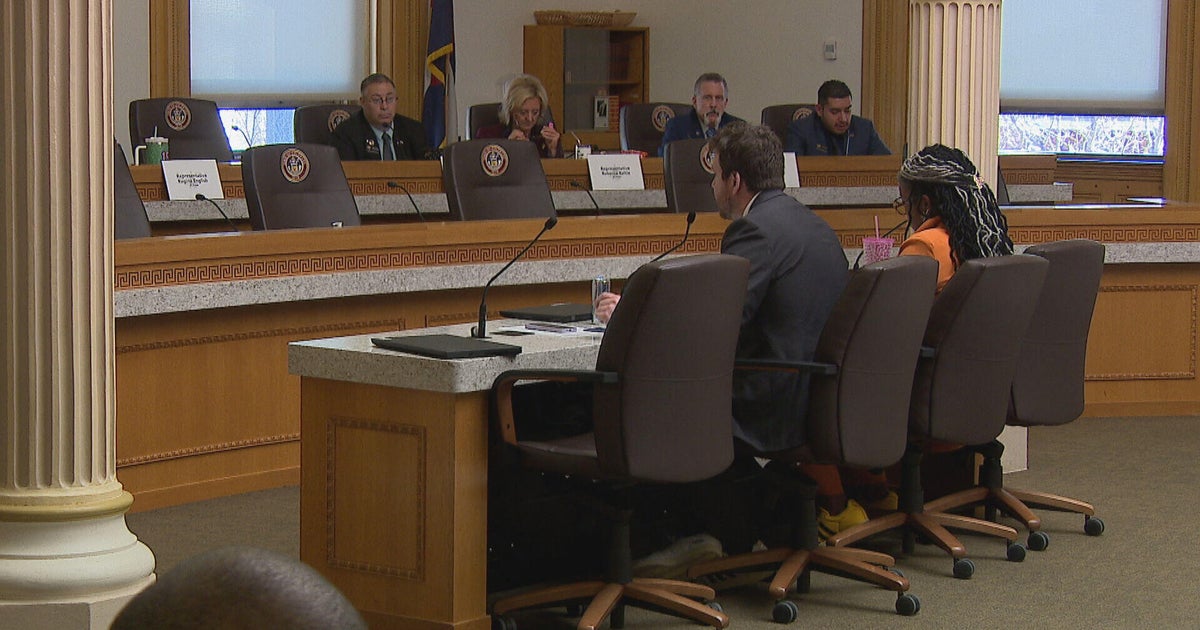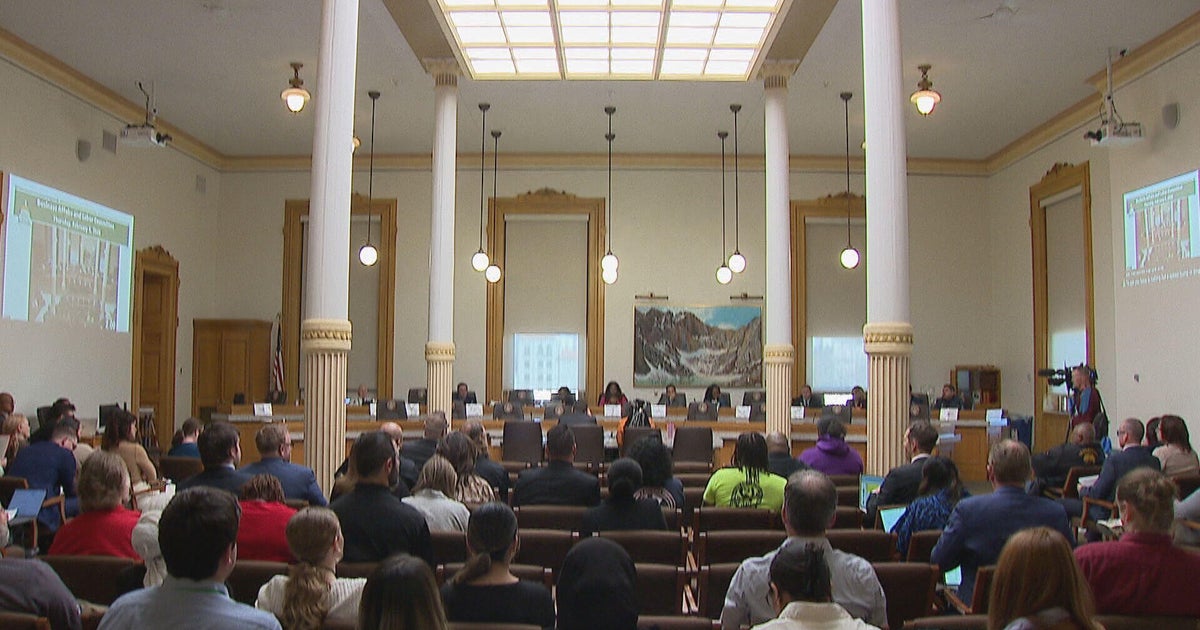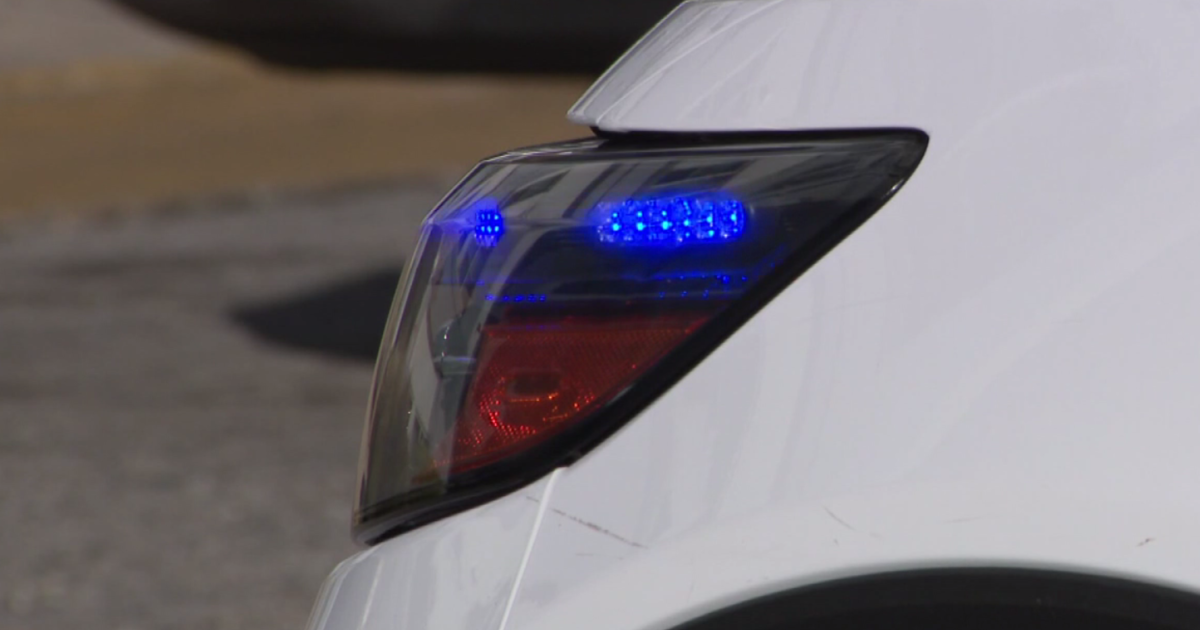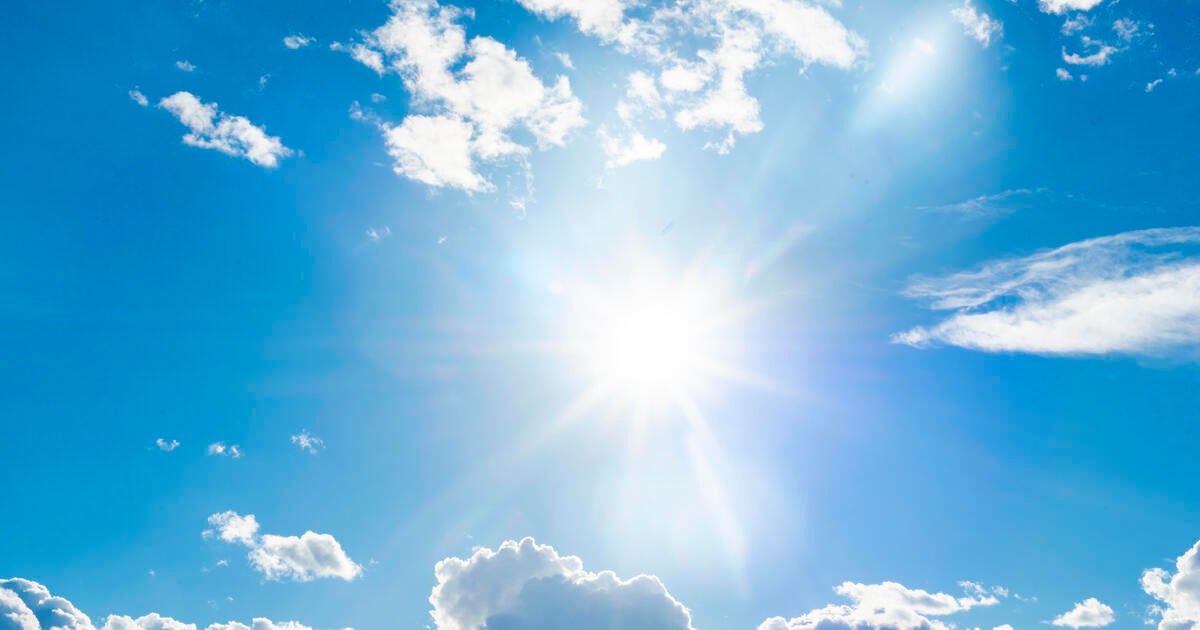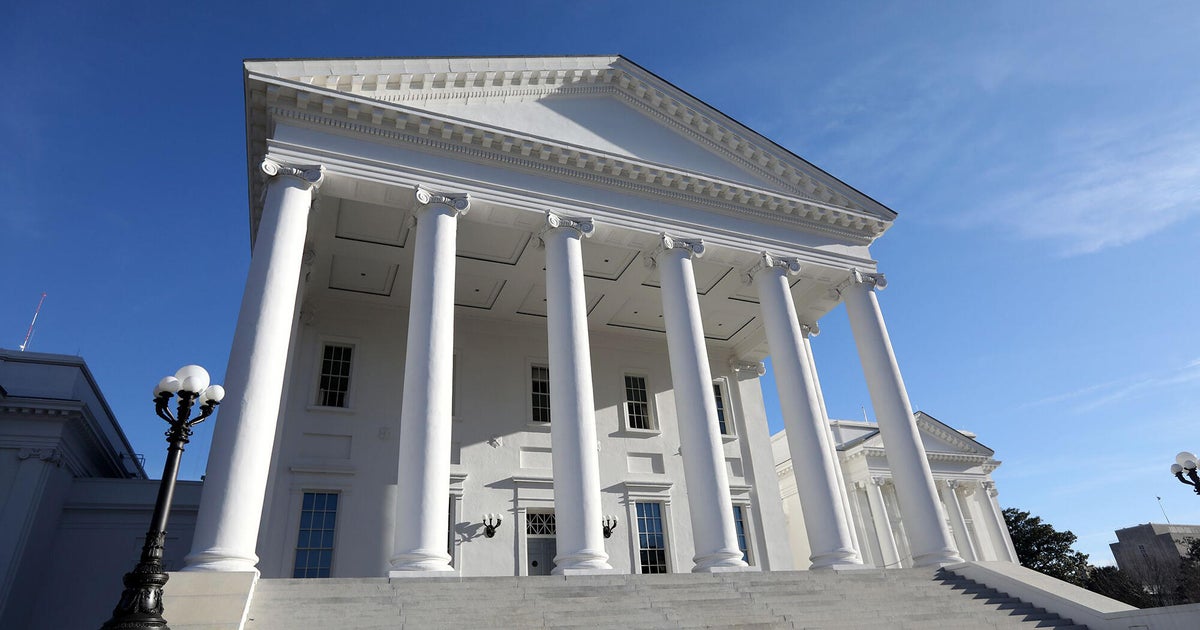Senate Approves Compromise To Undo Controversial 'Bathroom Law' In N. Carolina
RALEIGH, N.C. (CBSNewYork/AP) -- A compromise that would repeal North Carolina's contentious "bathroom law" cleared a key hurdle Thursday when senators approved the measure, which is intended to help stem the financial backlash from the law limiting LGBT protections.
The bill also passed the General Assembly on Thursday afternoon. It now heads to governor, who supports it.
Not everyone is pleased with the deal between the Republican-controlled Legislature and the Democratic governor. Social conservatives would prefer to have House Bill 2 stay on the books.
Sen. Dan Bishop, a primary sponsor of HB2, denounced the new deal on the Senate floor.
"This bill is at best a punt, at worst a betrayal of principle," said the Republican from the Charlotte area.
Civil rights advocates say the changes still leave opportunities for discrimination against the transgender population, 1010 WINS' Steve Kastenbaum reported.
"This doesn't repair the image or the status of LGBT North Carolinians," Chris Sgro, of Equality NC, said.
The new proposal would repeal HB2 and leave state legislators in charge of policy on public multi-stall restrooms. Local governments also couldn't pass new nondiscrimination protections for workplaces, hotels and restaurants until December 2020.
"It keeps Carolina the only state in the country, from a policy standpoint, that is obsessed with regulating where transgender people use the restroom," Sgro said.
That temporary moratorium, according to GOP House Speaker Tim Moore and Senate leader Phil Berger, would allow time for pending federal litigation over transgender issues to play out.
"Compromise requires give and take from all sides, and we are pleased this proposal fully protects bathroom safety and privacy," Berger and Moore said in a statement.
Just hours after the deal was announced Wednesday night, a dozen gay rights activists gathered outside the Executive Mansion in Raleigh, where Gov. Roy Cooper hosted Democrats, urging them to support the plan.
Cooper was narrowly elected with LGBT support on a platform that included repealing HB2.
"It's not a perfect deal, but it repeals House Bill 2 and begins to repair our reputation," Cooper said.
The announcement came as the NCAA said North Carolina sites won't be considered for championship events from 2018 to 2022 "absent any change" in House Bill 2, which it views as discrimination. The NCAA said decisions would be made starting this week on events and announced in April.
Cities including Raleigh and Greensboro have submitted 133 bids to host NCAA championship events in such sports as golf, swimming and basketball through the 2021-22 academic year, with a potential economic impact of about $250 million, according to the North Carolina Sports Association.
The NCAA has already pulled seven championship events in baseball, soccer, lacrosse and other sports from North Carolina for the current academic year because of HB2. Also in jeopardy are events for the upcoming school year, including March 2018 NCAA men's basketball tournament games, awarded to Charlotte during a previous round of selections.
Dollars aside, the NCAA sanctions are especially painful for North Carolina, where love of college basketball is part of the state's very identity and where schools like Duke and the University of North Carolina are perennial powerhouses.
"No state loves its college sports more than North Carolina. It's part of our culture, our fabric and our history," Scott Dupree, executive director of the Greater Raleigh Sports Alliance, wrote in a February plea to lawmakers. "But sadly, at this moment, the NCAA championships that our citizens love so much are in jeopardy, on the brink of being lost for the long term."
It's not clear whether the NCAA would be satisfied by the changes.
HB2 has prompted businesses to halt expansions and entertainers and sports organizations to cancel or move events, including the NBA All-Star game in Charlotte. Musicians like Pearl Jam, Ringo Starr and Bruce Springsteen canceled concerts in North Carolina in protest, while New York Gov. Andrew Cuomo and Connecticut Gov. Dan Malloy issued non-essential travel bans to the state.
The Republican-controlled legislature passed HB2 a year ago in response to a Charlotte ordinance that allowed transgender people to use restrooms aligned with their gender identity. Republican Gov. Pat McCrory immediately signed the bill, and it appeared to cost him re-election in November.
HB2 supporters say ordinances like the one in Charlotte make it easy for sexual predators to enter public restrooms designated for the opposite sex. Opponents say that's nonsense and the danger is imagined.
Several potential compromises have failed over the past year, including one during a special session in December that collapsed amid partisan finger-pointing. GOP and Democratic legislators have been in a seemingly endless chase during the past several weeks to cobble together enough votes on various drafts of legislation.
(© Copyright 2017 CBS Broadcasting Inc. All Rights Reserved. The Associated Press contributed to this report.)
